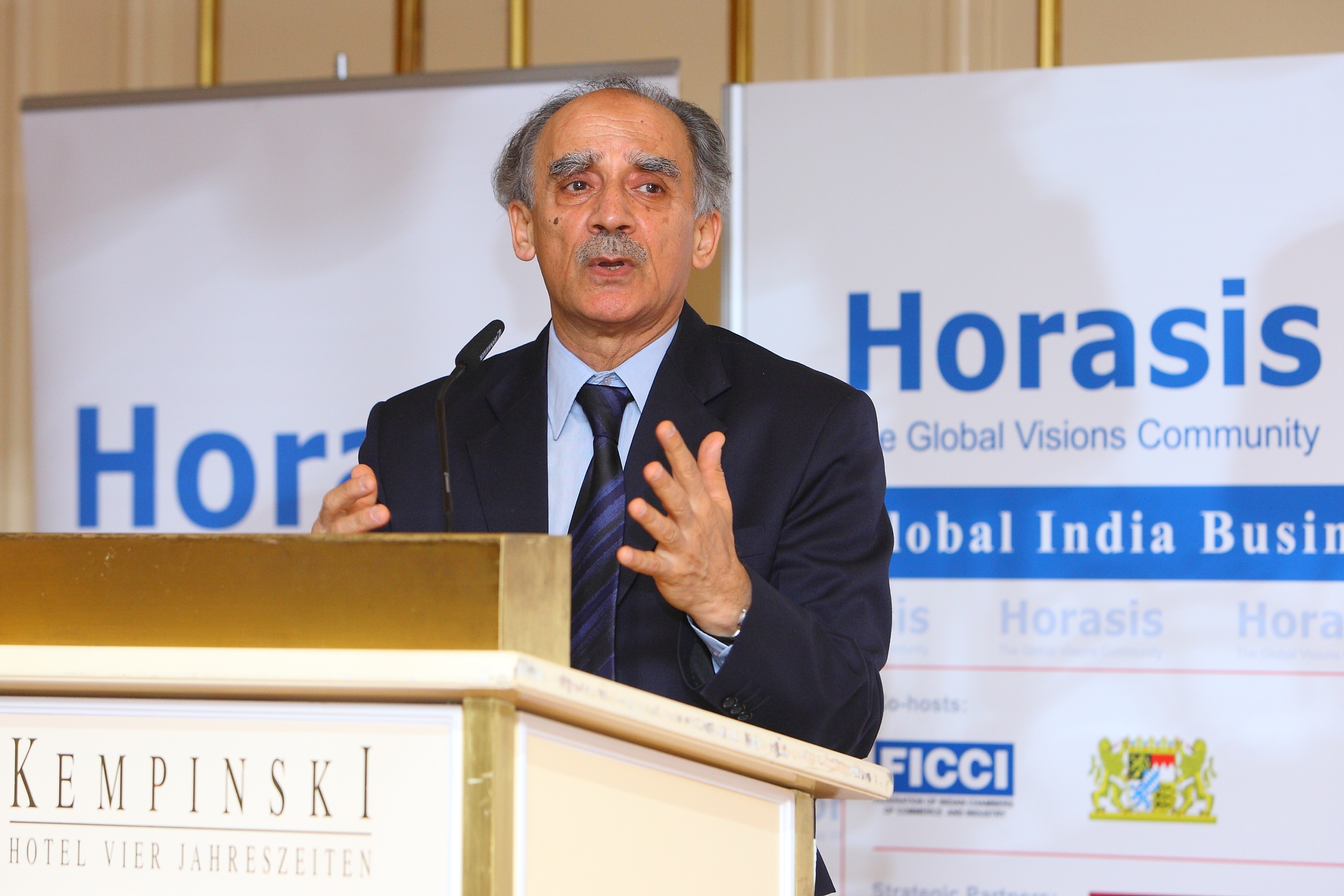The World of Fatwas (Or The Shariah In Action)
Arun Shourie: Zitate auf Englisch
The World of Fatwas (Or The Shariah In Action)
The World of Fatwas (Or The Shariah In Action)
The World of Fatwas (Or The Shariah In Action)
The World of Fatwas (Or The Shariah In Action)
The World of Fatwas (Or The Shariah In Action)
The World of Fatwas (Or The Shariah In Action)
The World of Fatwas (Or The Shariah In Action)
Eminent Historians: Their Technology, Their Line, Their Fraud
About the book banning of Ram Swarup's Understanding Islam through Hadis. quoted from Koenraad Elst. Ayodhya and after: issues before Hindu society. 1991. Ch. 12.
Eminent Historians: Their Technology, Their Line, Their Fraud (1998)
Eminent Historians: Their Technology, Their Line, Their Fraud (1998)
Eminent Historians: Their Technology, Their Line, Their Fraud (1998)
The World of Fatwas (Or The Shariah In Action), 1995
The World of Fatwas (Or The Shariah In Action), 1995
“Not an enforced amnesia but an unsparing memory - that is what will build a nation.”
Quelle: A secular agenda, 1993
Quelle: Indian controversies: Essays on religion in politics (1993) 429
“Clearly, what our newsmen call 'hard-liners' have been vindicated.”
Quelle: Indian controversies: Essays on religion in politics (1993)
